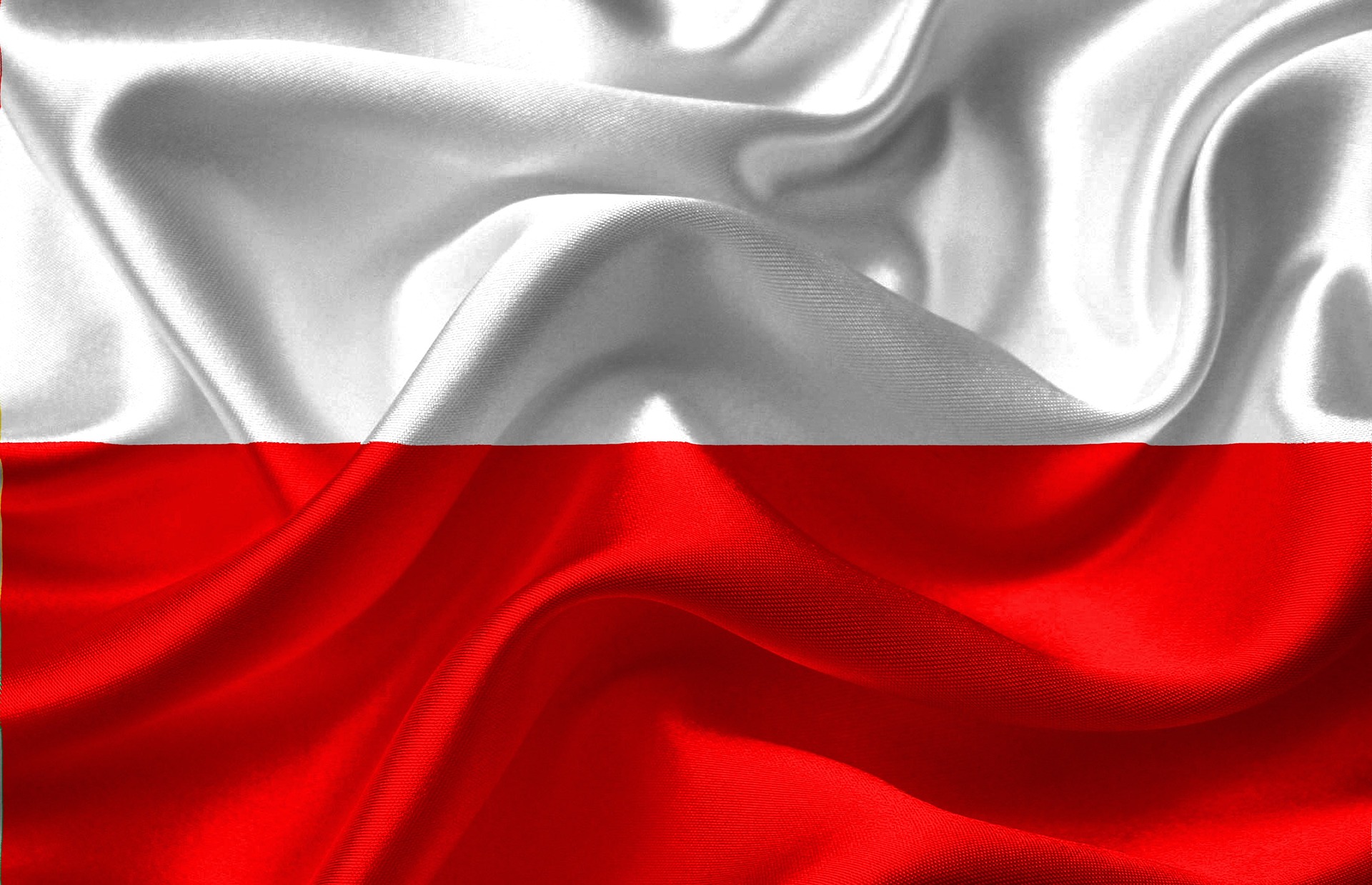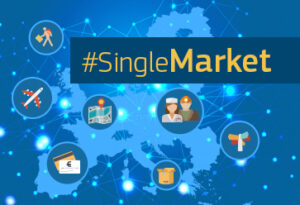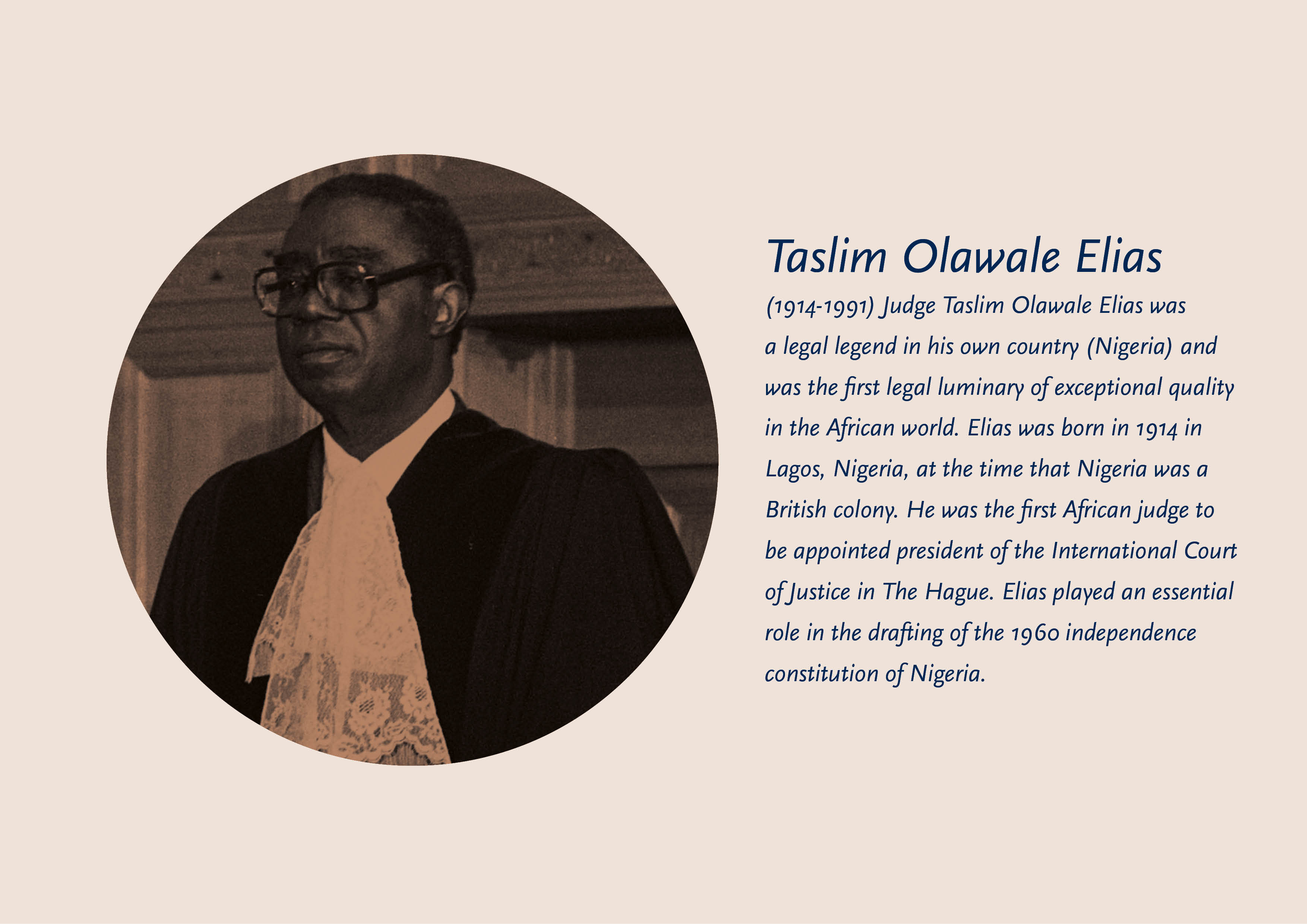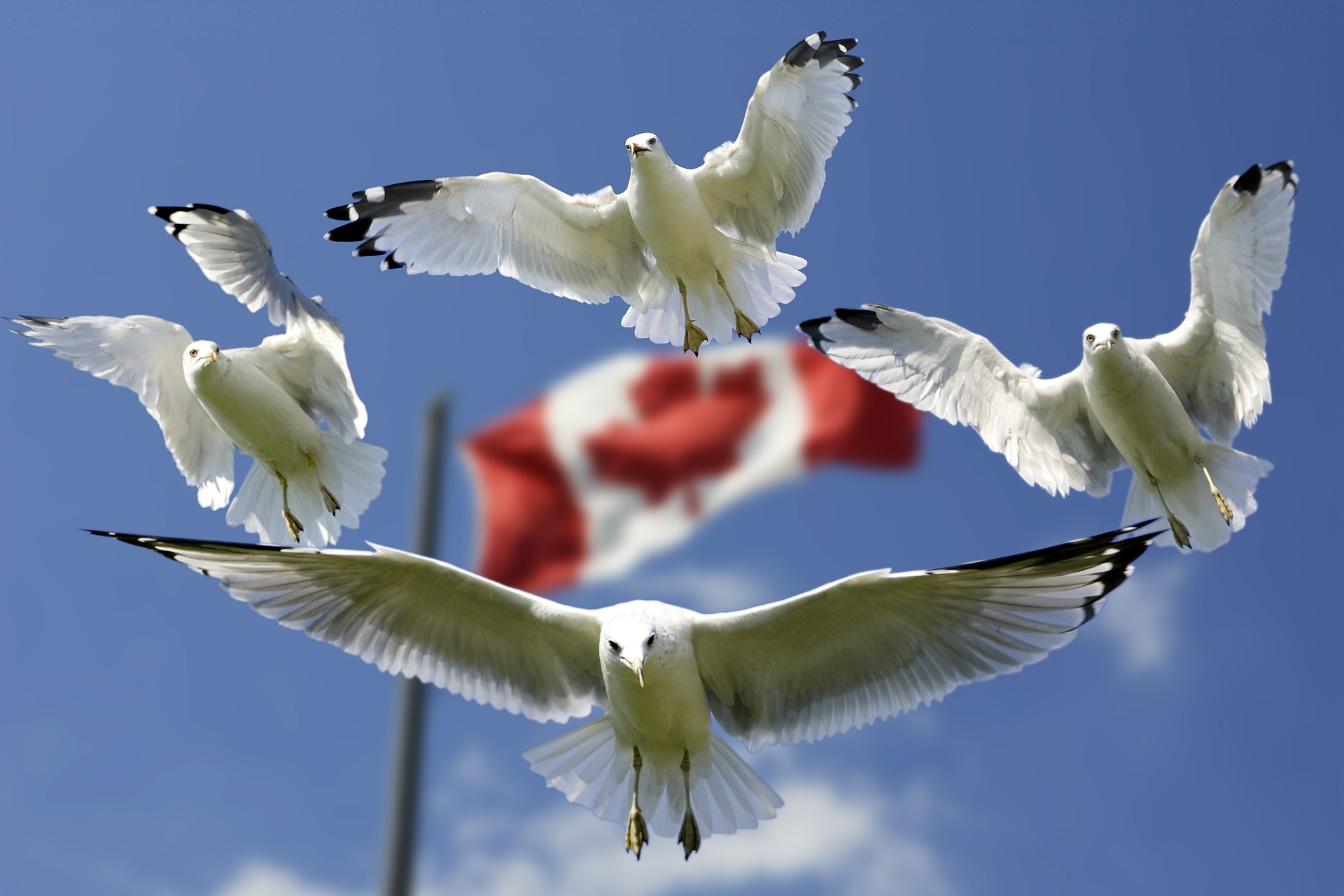Latest blog articles
-
-
Breath in, breath out. Yes, the judgment of the (unlawfully composed) Polish Constitutional Tribunal is a serious challenge to the European Union’s legal system and to the principle of primacy of EU law. No, Poland has not activated the process of withdrawal from the EU under Article 50 TEU. Yes, EU...
-
Patent aggregation is one of the critical paths to raise revenue and earn a return on investment in the ICT sector. It comprises all activities whereby firms build sets of related patents, so-called patent portfolios, and subsequently use these beyond manufacturing. Different kinds of entities...
-
Constructing a functioning single market for business and trade among the Member States of the European Union (EU) has been the cornerstone of the EU project, and remains one of the strongest drivers for EU-level legislative reform. Over the years, the EU has prioritized the harmonization of...
-
The implementation of the Unitary Patent Package will represent the result of the evolution towards the unification of the European patent system.
-
It is most appropriate that a classroom in our Faculty of Law at University Maastricht has been named after someone who was a legal legend in his own country (Nigeria) and was the first legal luminary of exceptional quality in the African world: Judge Taslim Olawale Elias.
-
On Friday 31 July, the Cypriot parliament voted against the Comprehensive Economic and Trade Agreement (CETA) with Canada. This latest development in the ratification process of CETA illustrates perfectly how facultative mixity continuously frustrates our collective interest in seeing the...
-
The ongoing COVID-19 pandemic is arguably one of the biggest crises of modern times. The conflict between the search for a vaccine, and the artificial scarcity created by patent law, has created a catch-22 situation. How will patent law apply to a vaccine under these circumstances?
-
Several pharmaceutical companies all around the world, including in the European Union (EU), have been racing to find a treatment for the virus. Since these may be subject to patent rights, government intervention may be needed.
-
Electronics companies increasingly engage in patent aggregation, that is to accrue patents without using them for manufacturing purposes. So far, it is unclear whether such behaviour has negative effects on innovation. If it did, could EU competition law remedy it?









